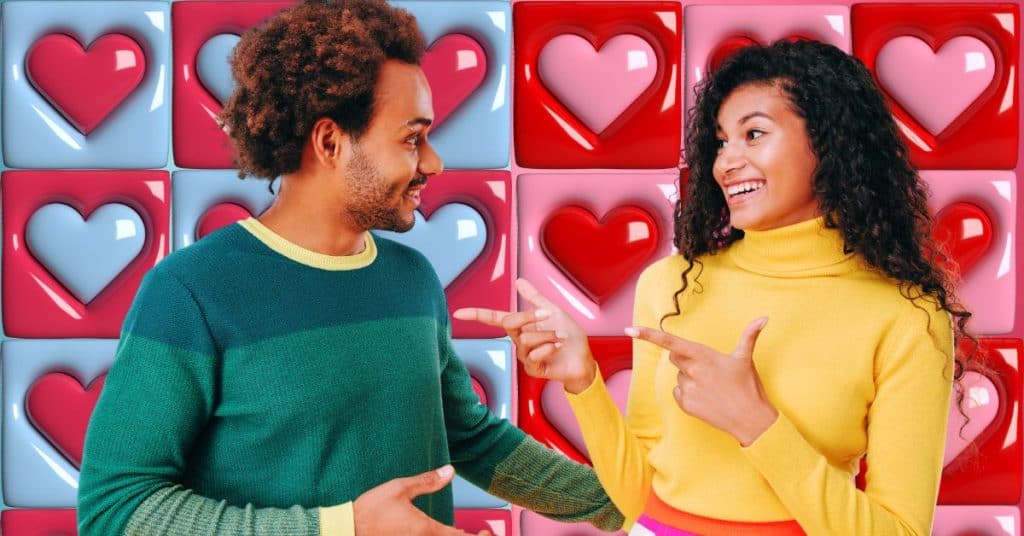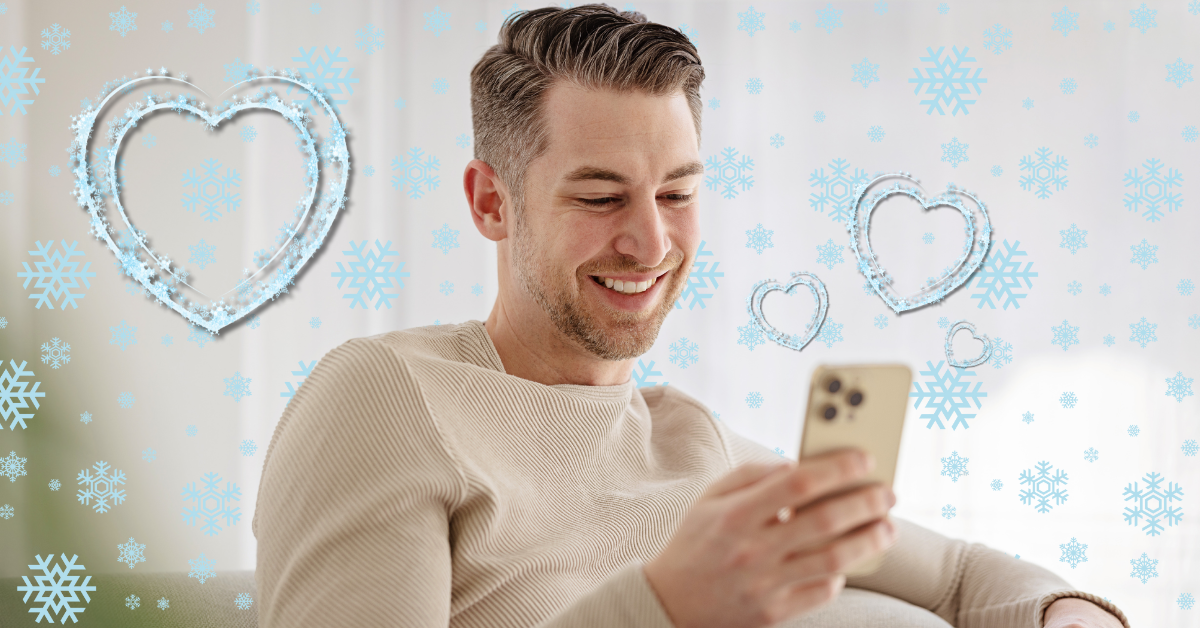If you’ve been in love, you’ve been hurt. Maybe it wasn’t intentional on the part of your romantic partner, but no one in a relationship comes out completely unscathed or without a few emotional wounds.
And while these wounds will eventually heal, some can take longer than others, depending on the severity of the situation. Let’s say you broke up because the relationship wasn’t working out—not for a specific reason, it had just run its course. That will hurt, but it will probably scab over quickly and won’t even leave a scar.
But if the scenario is one where infidelity played a part, or you were ghosted by someone you’d been with for a long time, that’s gonna leave a mark.
Life is oftentimes marked by countless experiences, both good and bad, that shape our emotional makeup. And when it comes to the bad ones, these past hurts and heartaches can linger, casting long shadows over our ability to create healthy new emotional connections.
Healing these old wounds is not just about forgetting the past, because that’s almost impossible to do, but about understanding and learning from them. By doing so, we can better open ourselves up to real intimacy and stronger connections.
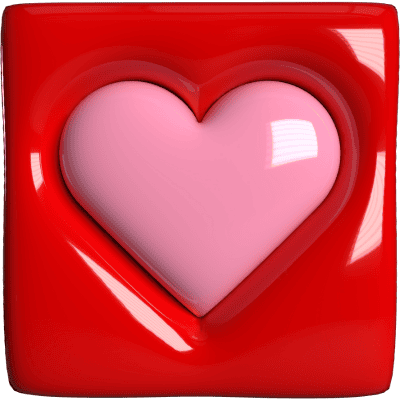
The Anchor of the Past
The ghosts of past hurts can haunt us, and unless you know a shortcut to healing them, you’re going to have to do the work to get over them—they won’t just magically disappear on their own.
Any kind of pain, be it from a failed relationship, a betrayal like cheating, or a gauntlet of other emotional scrapes, can create barriers to intimacy.
Think of it like this: You don’t want to get hurt again, so you build an imaginary moat around your heart. Maybe you put some great white sharks in there—we don’t know, it’s your imaginary moat, you can fill it with T-Rex’s!
But this overwhelming fear of being hurt again makes us overly cautious, some to the point of being completely avoidant, of getting close to others.
Acknowledging this fear is the first step you can take to get past it. You have to know that your past doesn’t necessarily have to dictate the future, especially as it relates to romantic relationships.
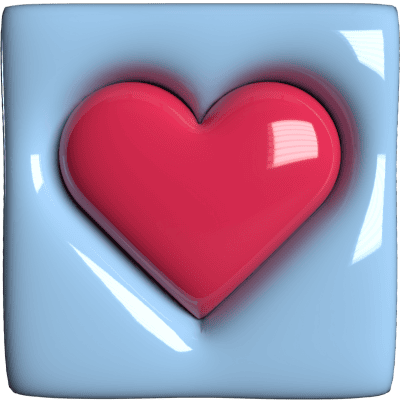
Knowing the Patterns
Everyone’s emotional responses are usually the patterns that they have developed over time. These could include tendencies to withdraw or isolate, lash out, or completely shut down emotionally when confronted with certain triggers, so identifying what these patterns are is a high priority.
The best way to do this is by going to therapy—if this isn’t something you are able to do or don’t want to do, you can look back on your past relationships to help in seeing any of these behaviors. Putting them down in a journal can be super helpful as well!
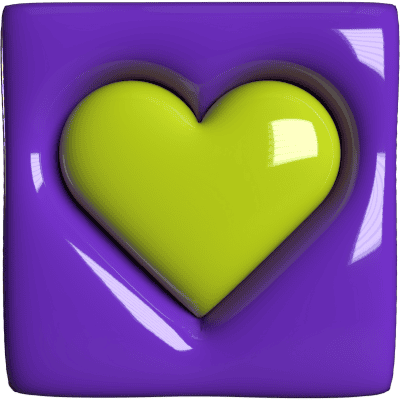
Forgive, But Don’t Forget
The adage “forgive but don’t forget” is apt when it comes to past hurts. Sure, forgiveness, both of others and of ourselves, is a good step toward healing. But that does not mean condoning what happened or forgetting the hurt—no way.
Forgiveness can go a long way in letting go of the iron grip it has on us, and it can be a long process; we can’t even pretend this is easy. We need to forgive by accepting what has happened, swallow that huge pill that we cannot change the past, and move forward as best we can. You don’t have to forget.
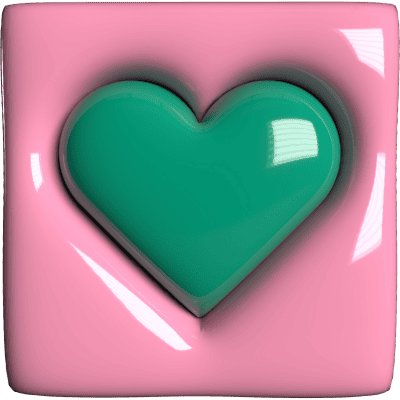
Making Foundations for New Connections
This is a lot of emotional labor, right?
It can feel insurmountable at times, especially when it’s just happened, but when we start processing and working through the pain, that’s when we can start fixing the fundamentals for new emotional connections.
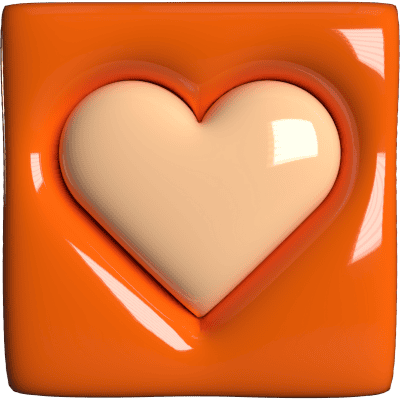
Self-Compassion and Care
We have to start with ourselves, so practicing self-compassion and care supports building back up a solid sense of self-worth and confidence.
Just doing little things for yourself, like doing the things you love, treating, or being kinder to yourself, can revamp and rejuvenate your emotional state.
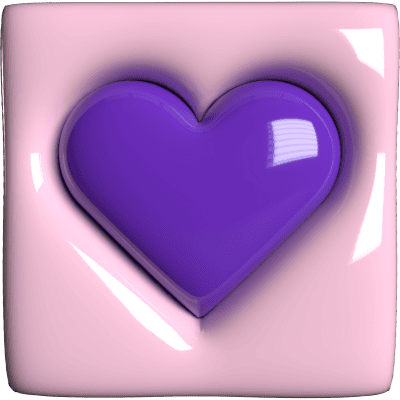
Creating Good Boundaries
Knowing, setting, and sticking to healthy boundaries is one of the most important parts of the process. Boundaries are the things that protect our emotional space and establish that our relationships are respectful, healthy, and happy.
It’s paramount to know our limits and communicate them clearly to those around us.
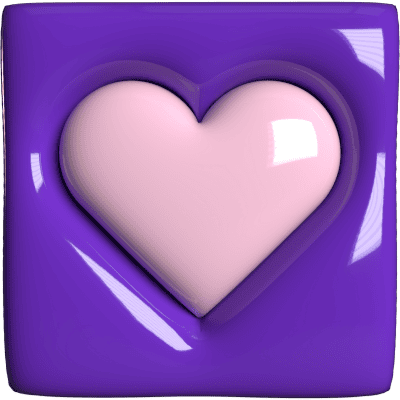
Learning to Trust Again
Trust is the linchpin of any intimate relationship, romantic or otherwise—without it, you have nothing. Relearning to trust others can be really hard, and it all starts with trusting ourselves.
Listen to your intuition and know that while we can’t control others, we can control how we react and whom we choose to let into our emotional space.
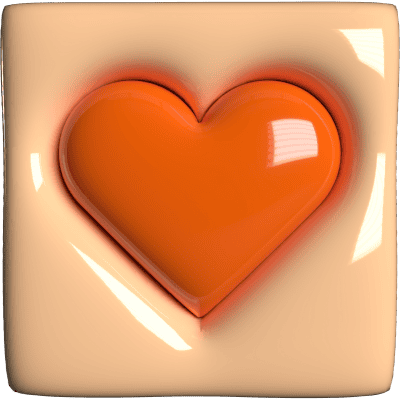
Welcoming Vulnerability
Vulnerability is often seen as a weakness, but it’s actually a strength. It means opening up and showing our real selves, with all our fears and hopes.
This doesn’t mean you should be oversharing or dismissing your boundaries—it’s about being honest about your feelings and what’s happened to you in the past.
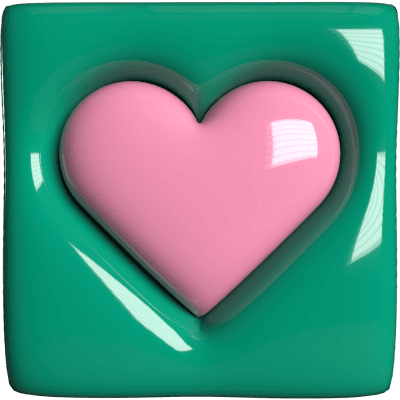
Communication: The Core of Connection
Good and open communication is the crux in building and sustaining healthy relationships. This means not only talking but listening—and not just hearing another person when they talk, but actively listening.
Tell the person what you need to feel secure and also be receptive and adaptable to the needs of others.
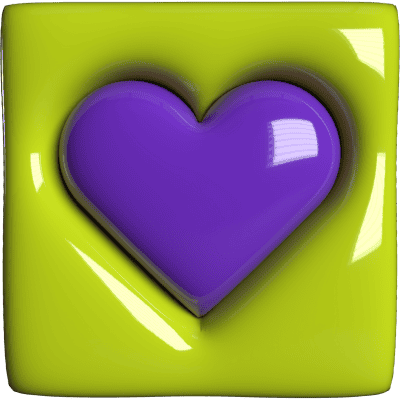
Going Forward with Optimism
The road to healing and opening ourselves to new connections is not a linear journey, and, unfortunately, there will be missteps and setbacks.
But don’t let this stop you! Every step forward, no matter how tiny it seems in the moment, is progress.
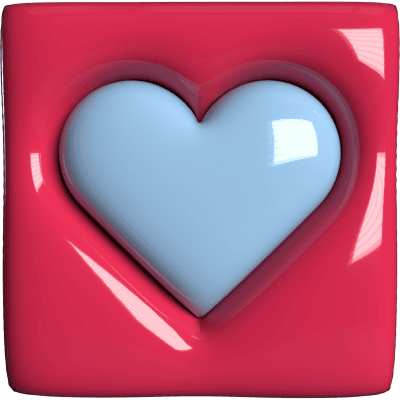
Celebrating Small Wins
Acknowledging and celebrating small wins on the pothole-filled road to healing is always important.
Whether it’s having a hard conversation you were scared to have, setting a boundary, or even just recognizing something that triggers you, these are all breakthroughs toward healing and forging more meaningful connections.
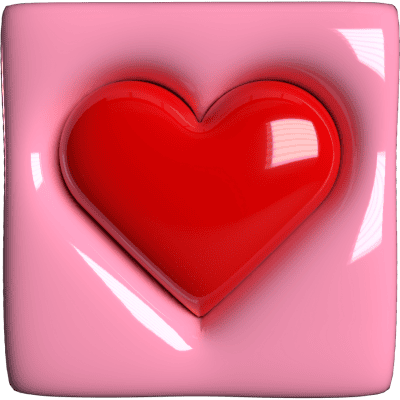
Building a Solid Support System
No one should have to go it alone when it comes to overcoming past hurts or trauma!
When you have a solid support system of friends, family, or even a therapeutic community, it can give you the encouragement you need and a different perspective other than your own.
Most of the time, simply talking about our situation or sharing what happened can lighten your emotional load. And you never know; you could help someone else who is suffering when you share your story.
Takeaways
The process of healing from past hurts, whatever they may be, is a personal and nuanced road, but you will get to the other side of it!
Yes, it takes a lot of patience, some self-reflection, and grit, but the benefits of being brave and opening yourself up again are priceless. When we heal, we not only unlock our potential to love again—we find out a lot about ourselves while doing so!
While the past may shape who we are, it by no means has to define us forever. Being vulnerable to others is not a weakness—it shows you won’t let past hurts block you from finding future happiness in the relationship department.
Working through pain makes you stronger, and don’t let anyone ever tell you differently!
